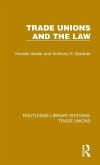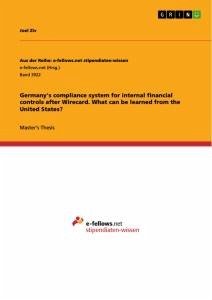Document from the year 2010 in the subject Law - Civil / Private / Trade / Anti Trust Law / Business Law, grade: 1,0, T.C. Yeditepe University Istanbul, language: English, abstract: The modern German civil law is based on the idea of freedom of contract (Rüthers, 2003, p. 26). This implies the freedom of individuals to negotiate contracts without any interference of the government. This concept can only lead to fair and reasonable results if two equal parts are negotiating (Rüthers, 2003, p. 28). If one party has more or better alternatives than the other, the result is more likely to be unfair and inequitable (Blum, 2007, p. 9). Art. 9 (3) GG deals with the Vereinigungs- und Koalitionsfreiheit, the freedom to found and join societies and associations. This matter is closely linked to the legal questions arising from collective agreements and strikes (Freckmann, 1999, p. 96). After presenting the wording of Art. 9 (3) GG, followed by a short overview concerning the history of Art. 9 (3) GG, these questions will be elaborated in more detail in this midterm paper.
Bitte wählen Sie Ihr Anliegen aus.
Rechnungen
Retourenschein anfordern
Bestellstatus
Storno








